I enjoyed this week’s reading topic. The idea of higher education/ the academy not being safe is a new found realization that, after years of working in this field (as an administrator who’d one day like to be a faculty member), is something that took a while for me to unpack. There are times that I feel drained and insidiously watched in this space; and while I am not a professor yet, I can relate to many of the unwanted feelings this week’s authors discuss. It also served as a warning to stay woke and be mindful on how my body and mind, as a black woman, will be treated and the expectations will be placed. I often say that reading, experiencing new things, and being open to learning have provided me with the vocabulary needed to describe my struggle. I am reminded of that from today’s pieces.
Gumbs’ “The Shape of My Impact” gives me that vocabulary. Black woman, myself included have survived. I appreciate her reminder of the original meaning of the word as something to be associated with more than subsisting (barely making it). Survival is a state of overcoming again and again. It means existing within the realms of a society that constantly wishes to keep you bound and silent. While the author’s inspiration is Audre Lorde’s “Litany For Survival”, the piece also makes me think of Lucille Clifton’s “won’t you celebrate with me”: …come celebrate/ with me that everyday/something has tried to kill me/and has failed”. I also like this interpretation of surviving because we do not need to compromise our beliefs or passions to do so, like the popular definition of the word suggests. We can survive on our own terms.
I think that Gumbs’ piece and N.H.I. (No Humans Involved: An Open Letter to My Colleagues) essay were good connectors to the reading we chose. The N.H.I. provides great historical context on how we have gotten here, higher education realm, a place that we were once systematically denied space, that now accepts us with a litany of expectations and unrealistic standards. White supremacy is one hell of beast. Only a system built on the dehumanization of Black people could evolve with times and insidiously become more prevalent and damaging over the course of time.
This connected nicely with Heidi Safia Mirza’s “Decolonizing Higher Education: Black Feminism and the Intersectionality Of Race and Gender”. I appreciated her including her own story of struggle in academia, it made the article much more profound. Mirza spends her article ruminating how the intersections of blackness and womanhood can act as a double-edged sword for academics. Our identity sort of pre-determines the type of treatment we get, the type of expectations placed on us , and possibly, the trajectory of our time in any field. We are the token, the special case, or only the grad expert on race. We do not fall into any other category. Our work must be twice as good because we are being watched. As I read this piece, I thought two different metaphors: higher ed for Black women is a cage that was once small but now big, so big, that we may not even realize the bars are still there. We cannot see the owner but we know he’s watching. Or (using Mirza’s saltwater analogy), we are fish who finally got some water but can’t swim in it because we are freshwater fish in salted waters. The new form of oppression does not involve shutting us out anymore, it’s about letting us in and expecting us to maintain the status quo; to assimilate and forget ourselves in the process. The academy has now weaponized our “difference”. I know I must sound dramatic but I know I am not wrong. I have seen this in the extra labor given to black women, in the treatment of black women who choose not to ascribe to mold the university or department has created for them. I have lost quite a few Black female professors (mentors) because of this updated form of oppression. I have seen the research and work of Black women watered down and tainted because it did not align with “the campus ideals”. These may seem like small things but over the course of time, double consciousness and the double-edgeness of sword can break you. It is violence. I am grateful that I have seen this in real time because I know what takes to stop it from happening to me. Us just being in these spaces is no longer good enough. If we do not stay vigilant against the violent traditions of academia than I do believe we will become the multicultural puppets they desire. I reject that idea and want to continue expanding my vocabulary so I can be better equipped to fight it.
CITATIONS:
Clifton, Lucille. Book of Light. Copper Canyon Press, 1996.
Gumbs, Alexis Pauline. “The Shape of My Impact.” The Feminist Wire, 29 Oct. 2012, www.thefeministwire.com/2012/10/the-shape-of-my-impact/.
Mirza, Heidi Safia. “Decolonizing Higher Education: Black Feminism and the Intersectionality Of Race and Gender.” Journal of Feminist Scholarship, vol. 7, no. 8, 2015, pp. 1–12.
Wynter, Sylvia. “No Humans Involved: An Open Letter to My Colleagues.” Forum N.H.I: Knowledge of the 21st Century, vol. 1, no. 1, 1994, pp. 42–74.
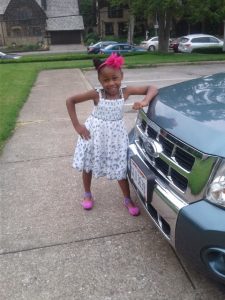
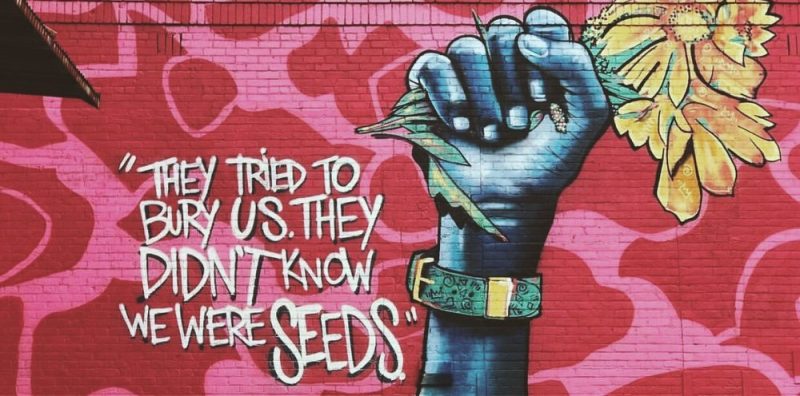

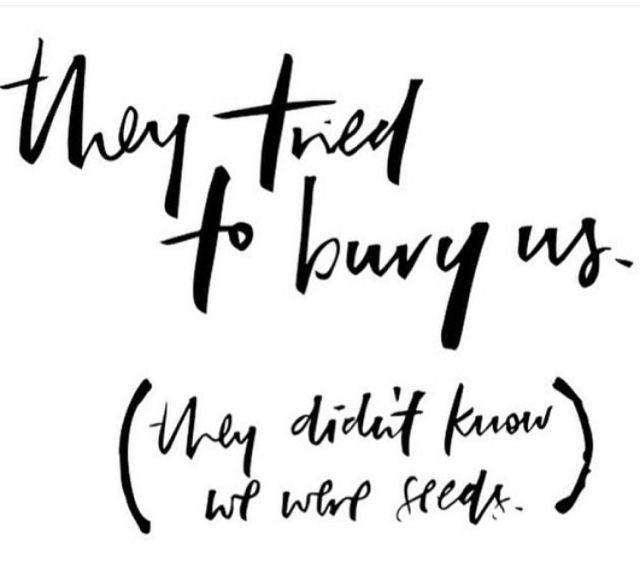
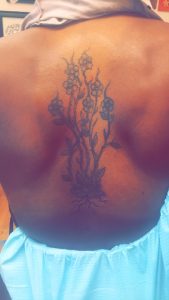
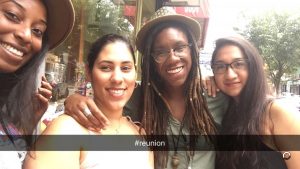

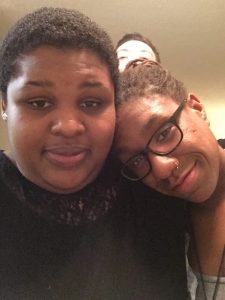
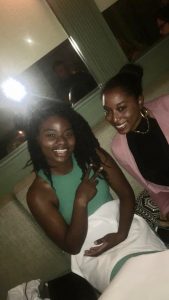
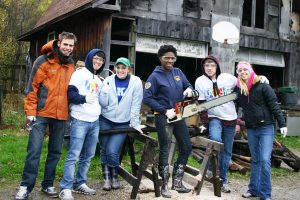 shave led me to this moment. I have continued to build the “life vocabulary” I first started at Allegheny. I have the skills and understanding of how the world works from my time as VISTA; and now, I’m filling myself with knowledge I need to truly become a decolonized scholar. I am by no means near my goal or know all the things but I’m getting there. As I get deeper and deeper into my graduate studies, I moving away from only being interested in researching community-engaged teaching and learning and its effect on marginalized youth into a wider frame of decolonized education for unheard and marginalized, black K-12 students.
shave led me to this moment. I have continued to build the “life vocabulary” I first started at Allegheny. I have the skills and understanding of how the world works from my time as VISTA; and now, I’m filling myself with knowledge I need to truly become a decolonized scholar. I am by no means near my goal or know all the things but I’m getting there. As I get deeper and deeper into my graduate studies, I moving away from only being interested in researching community-engaged teaching and learning and its effect on marginalized youth into a wider frame of decolonized education for unheard and marginalized, black K-12 students.
